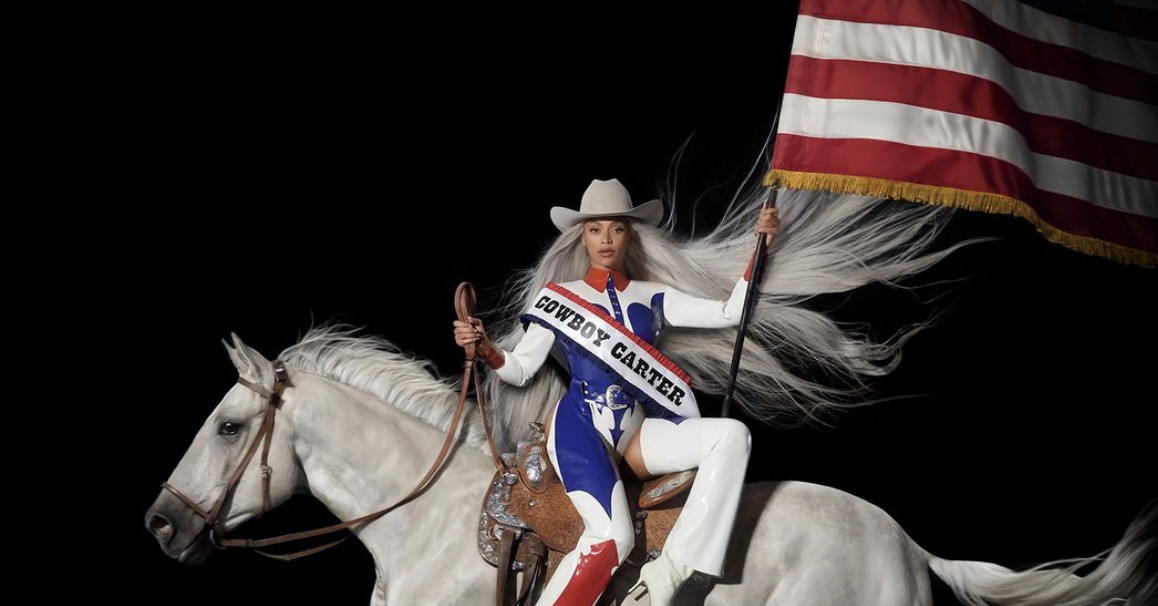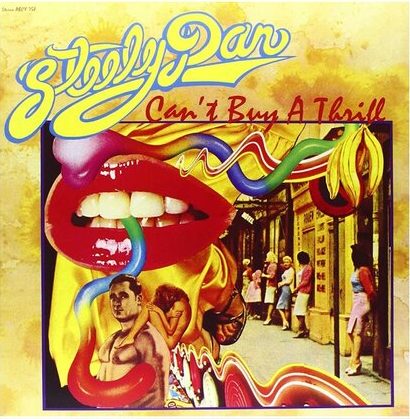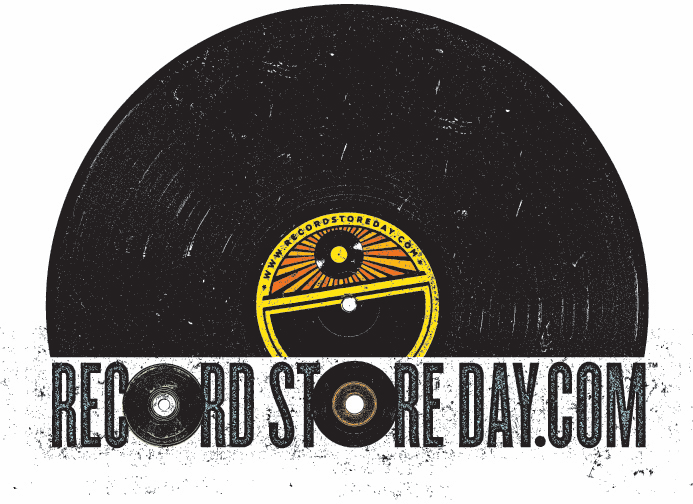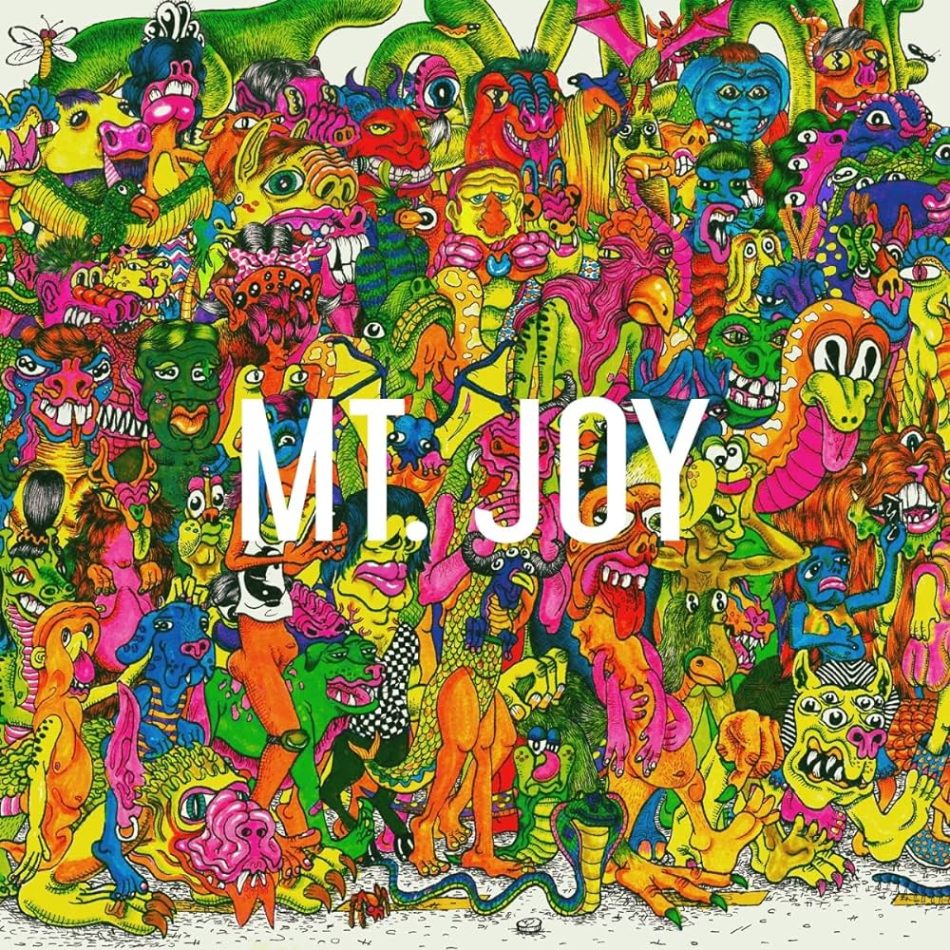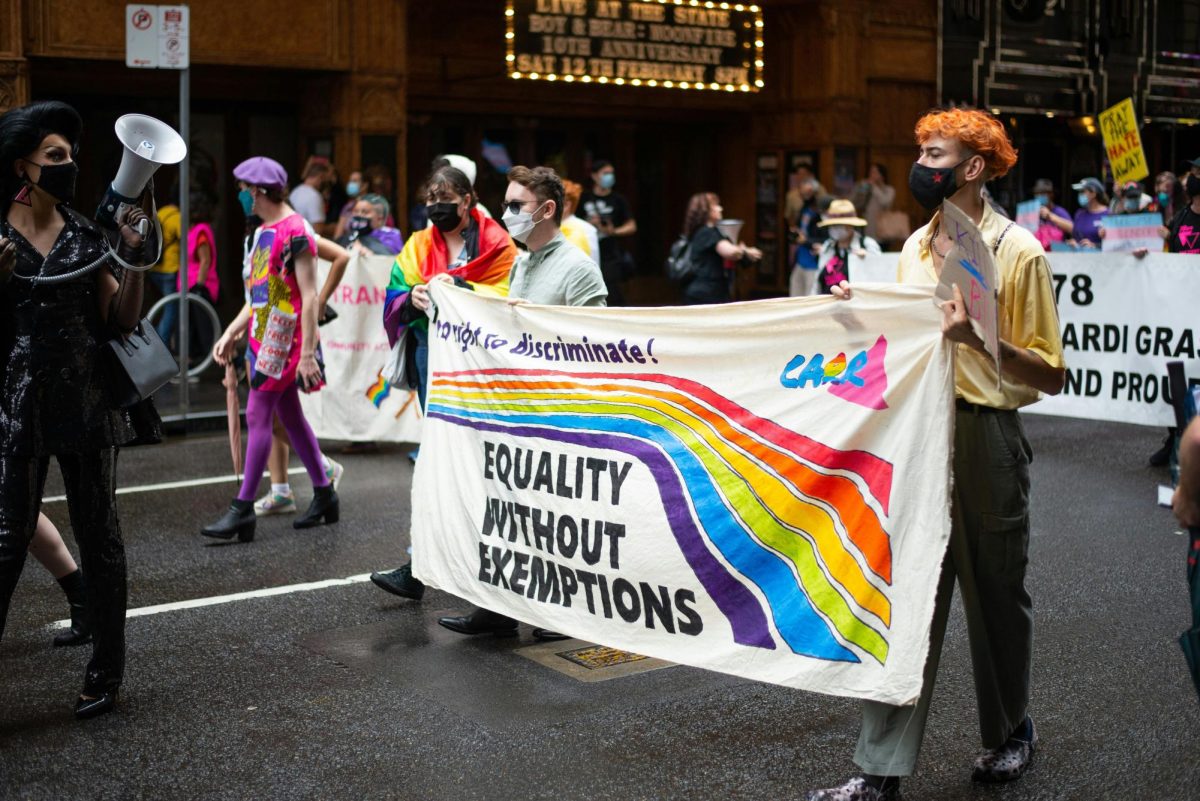The story of “Cowboy Carter” as an album begins with a 2016 CMA Awards performance by Beyoncé. She performed “Daddy Lessons” from “Lemonade,” an upbeat country debut alongside the Chicks—which was not well received by crowds, “I did not feel welcomed … and it was very clear that I wasn’t,” Beyoncé made in a statement in her March 19th Instagram post prior to the release of the “Cowboy Carter.”
This album has been in the works ever since that first rejection from country spaces; however, I hesitate to call this album a production of spite. Rather, I find that night back in 2016 was merely a catalyst to Beyoncé’s exploration of a genre close to her Texan upbringing and Creole heritage. She was already bringing classic country sounds into her discography through “Daddy Lessons,” so it was only a matter of time.
Throughout this album, Beyonce layers a more reserved singing style over classic country acoustics, like in “PROTECTOR” and “ALLIIGATOR TEARS.” Despite her typical vocal finesse being a pop and R&B powerhouse, her softer twang doesn’t underwhelm nor disappoint; it’s still the raw talent of Beyoncé through and through.
Though this country album didn’t completely remove her airy dance hits, “TEXAS HOLD ‘EM” is a line-dance anthem, with an addictive rhythm classic of a barn dance hit. “SPAGHETTII” takes a different spin, where Beyoncé turns away from the country lyrical melodies to rap, with a Western whistle playing under the verses.
Beyoncé featured the industry-wronged Linda Martell, a Black country musician from the 1970s, pushed out of music by the prevalent racism she faced. Martell leads a monologue introducing “SPAGHETTII” and her own interlude called “THE LINDA MARTELL SHOW” to transition into “YA YA,” both encouraging a shift from strict genre rules to fluid genre boundaries, like Beyoncé experimentally blends all throughout the album.
Other star features include Miley Cyrus and Post Malone, who, too, have had their own journeys of flipping and melting together genres. Country greats like Dolly Parton and Willie Nelson are also included on the album.
Current rising stars that were featured are Willie Jones and Shaboozey, both Black country genre innovators. They each weave together classic country elements with trap and hip-hip influences, revolutionizing both genres into a new era of music, making them perfect collaborators to the “Cowboy Carter” project.
One critique I’ve seen of Beyoncé’s take on country was featured in an NPR article review of the album:
But for an album that is at least superficially concerned with centering Black voices in country music, Cowboy Carter contains strikingly few Black country guest singers, notwithstanding the assembled singers on “BLACKBIIRD,” Jones’ all-too-brief turn on “JUST FOR FUN” and Martell’s spoken interludes. Rather, it draws more from the Great White American Songbook, referencing Buffalo Springfield (“AMERIICAN REQUIEM”), Fleetwood Mac (“II MOST WANTED”), The Beach Boys, Patsy Cline and the aforementioned Fab Four, and grants white singers more solo minutes than any other guest. This doesn’t necessarily take anything away from the music, but it feels conspicuous on an album that had brought so much hope and anticipation, warranted or not, to country musicians and fans of color.
This argues that the album didn’t spotlight enough Black country musicians to be an effective stance against the modern white centrism of the genre. Even though the jumpstart of the acknowledgment coming from Beyoncé is a powerful benchmark, pulling from “the Great White American Songbook” could potentially be seen as catering to the exact audience that her contentions began with rather than a genuine stab at a social dynamic shift around the genre.
“Cowboy Carter” is the second act in a proposed trilogy of albums by the artist, the first in the series being 2022’s “Renaissance,” a collection of dance club beats in tribute to the contributions of Black queer youth towards the house music genre.
Music critics and Bey-aficionados speculate what genre of choice the third act album will feature, contributors at Rolling Stones releasing a speculative article of “silly and lighthearted” attempts at predicting the theme. Some guesses range from a full collaborative album adopting the genre of the other artist to sad-girl-indie-twee. Or from a throwback of her girl-group days with Destiny’s Child to a rock album…my bets (and hopes) are on a rock album.
No matter what her third album of the trilogy will be, Beyoncé continues to outdo her own musical prowess with each new creative genius she releases. “Cowboy Carter” brilliantly tied together Beyoncé’s personal and cultural understanding of the country genre and her previous strengths in pop, R&B, and hip-hop.
I’ll be savoring the rich art of “Cowboy Carter” eagerly awaiting the experimental country tsunami that Beyoncé just sent rolling toward genre purists. Yeehaw ‘Yonce, YA YA!



